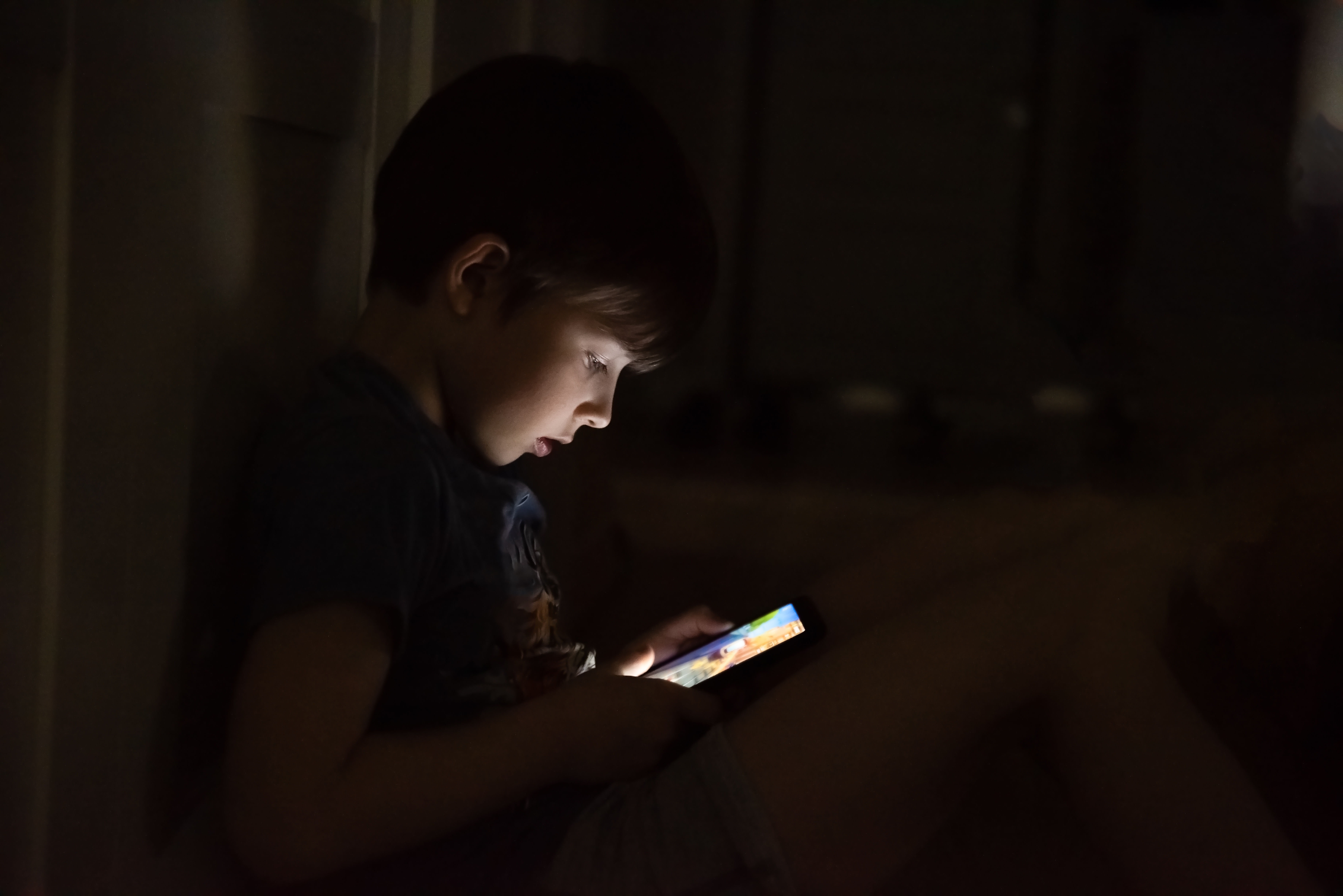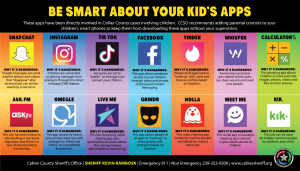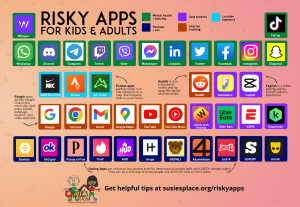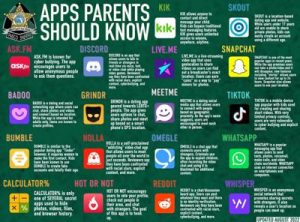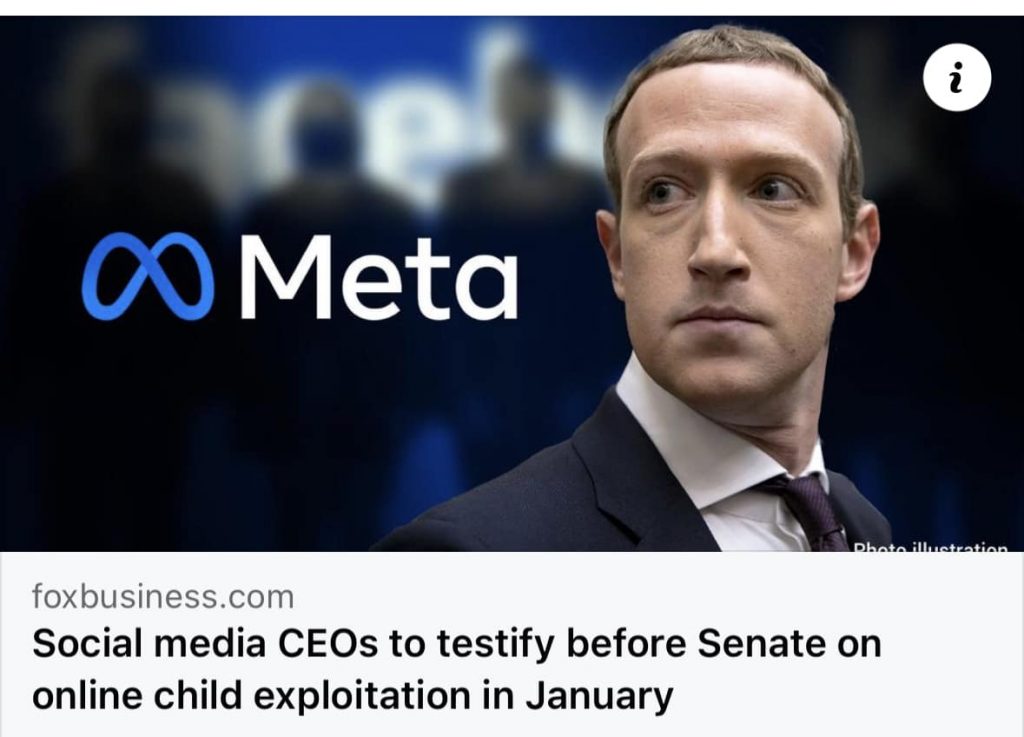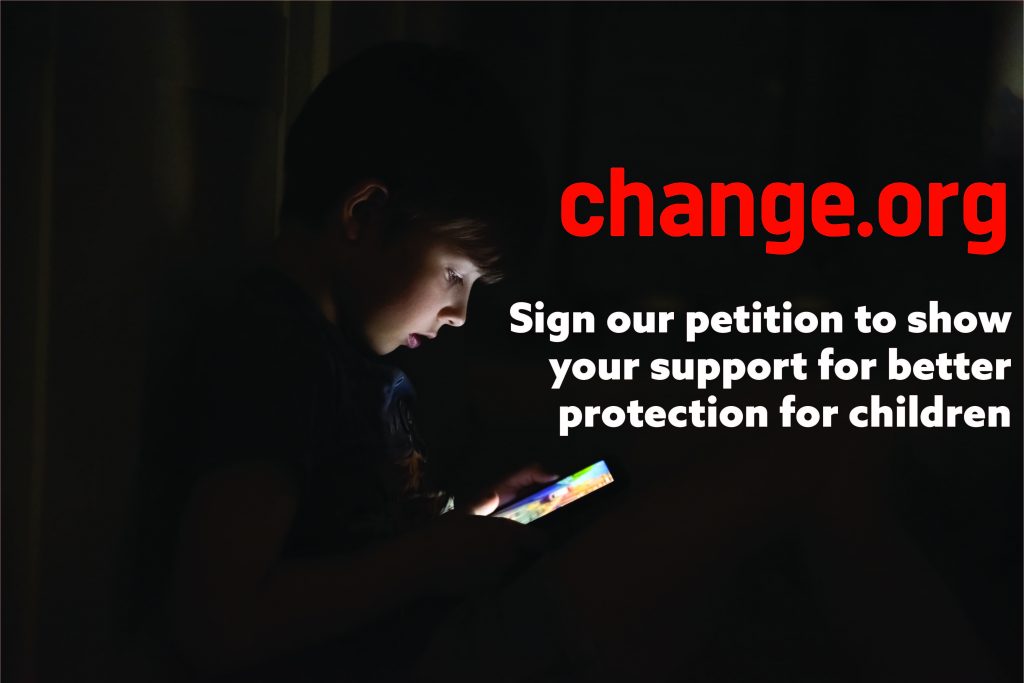Social Media is Not Safe for Children
Earlier in 2023, the National Center for Missing and Exploited Children reported receiving over 32 million reports of online enticement, images and video of child sexual abuse, and sex trafficking in total for 2022, an increase of 2.7 million from 2021.
More disturbing, online enticement of children reports were up by 82% – situations where children are extorted to send sexually explicit images of themselves (and sometimes other children, such as younger siblings) or pay to avoid having those images shared publicly.
32 million reports of online child exploitation and abuse filed in 2022
As a result, children have been dying by suicide out of fear and hopelessness as a result of such expliotation.
-
Michigan teen’s suicide highlights growing dangers of online sextortion plots
-
RCMP say 12-year-old boy in B.C. killed himself over online sextortion
-
Parents reveal teen sons committed suicide after being ‘sextorted’: ‘This is terrorism’
-
3 Nigerian men charged in ‘sextortion’ suicide death of 17-year-old football star
- FBI Warns of Online Groups Forcing Minors into Self-Harm, Explicit Content, and Suicide
Meta Whistleblower Exposes Meta Failures
Just this past November, Arturo Béjar, the former Director of Engineering for Protect and Care at Facebook, testified that the mounting evidence that Meta’s platforms negatively impacted the mental health and safety of children was mostly ignored.
His testimony included:
Earlier this year, I was subpoenaed to testify under oath about emails I sent Facebook’s executive
team as part of a government investigation and I realized that I had written these emails over two
years ago and yet nothing had changed. Meta continues to publicly misrepresent the level and
frequency of harm that users, especially children, experience on the platform, And they have yet
to establish a goal for actually reducing those harms and protecting children. It’s time that the
public and parents understand the true level of harm posed by these “products” and it’s time that
young users have the tools to report and suppress online abuse.
The group at Instagram and the talented internal research teams had developed some very troubling evidence that young teens were experiencing great distress and abuse on the Instagram platform. But senior management was externally reporting different data that grossly understated the frequency of harm experienced by users.
Omegle Shut Down After Numerous Lawsuits
 Founder of the social media site, Omegle, which boasted the tagline “Talk to Strangers!”, randomly matched two participants at a time to chat via text or video, leading to numerous complaints of children being “matched” with predators, officially shut down the site in November. Without any means of age-verification, children were easily and often put in harms way, leading to numerous lawsuits against the company.
Founder of the social media site, Omegle, which boasted the tagline “Talk to Strangers!”, randomly matched two participants at a time to chat via text or video, leading to numerous complaints of children being “matched” with predators, officially shut down the site in November. Without any means of age-verification, children were easily and often put in harms way, leading to numerous lawsuits against the company.
Awareness for Dangerous Apps
Police, child safety organizations, and advocates have long been trying to raise awareness for the dangers children face on the growing number of apps available. Parental settings are often weak at best and are not fool-proof. Many of these same apps can also be accessed through web addresses, which means a parent could “block” an app, but the child could still access the site through a web browser. Many parents, however, still do not have a full understanding of the risks, cave-in to the peer-pressure their children face to be on the same apps as their friends, or may believe that they need not be concerned about their own child. Unfortunately, many of these apps are rated appropriate for age 13+ but are rampant with predators.
Meta, Facebook, and Instagram Have a BIG Problem
 The majority of reported child sexual abuse and exploitation come from Facebook and Instagram – not surprising as they are some of the largest social media platforms, but they are also extremely profitable and have the means to direct more funds to protecting children.
The majority of reported child sexual abuse and exploitation come from Facebook and Instagram – not surprising as they are some of the largest social media platforms, but they are also extremely profitable and have the means to direct more funds to protecting children.
Headlines regarding Social Media Platforms, Meta and Child Exploitation:
- Meta Is Struggling to Boot Pedophiles Off Facebook and Instagram – The social-media company has stepped up enforcement, but its algorithms continue to promote problematic content
-
Zuckerberg, Meta are sued for failing to address sex trafficking, child exploitation
-
Pinterest files 1,403% more child abuse material reports in 2022, but majority come from Facebook
- How Facebook and Instagram became marketplaces for child sex trafficking
- Report: Instagram’s algorithms play key role in sale of child sexual abuse material
-
Tech Companies Must Do More to Stem the Tide of Online Child Sexual Abuse
Nonprofit Organization, SOSA (Safe From Online Sexual Abuse) Creates “teen decoys” and works with law enforcement to identify online child predators
View this post on Instagram
It’s Time for Parents to Take a Stand
It is clear once reviewing the prevalence of online exploitation, the impact on children, and lack of serious intervention by these platforms to prioritize safety, that we cannot rely on big tech to protect children. As parents and guardians of children, it is ultimately our responsibility to take this knowledge and shield children from the serious danger and harm that can be inflicted by social media platforms. If these platforms cannot provide even a reasonable amount of safety for children -we cannot allow such exposure to risk.
Big Tech’s failure to police itself at the expense of our kids cannot go unanswered,
Senator Dick Durbin, the panel’s Democratic chairman and the ranking Republican Lindsey Graham
Sign our Petition and Show Your Support for Child Protection
These platforms do not deserve access to our children. Now is the time to say no more social media for kids. Before the hearing in January, let’s show our lawmakers that we take the safety of children seriously. This petition will be shared with the Senate Judiciary Committee prior to the hearing January 31, 2024.

